Solutions for getting a more engaging stay
WHAT TO DO IN COLOMBIA?
Colombians are renowned for their humor and the warm, vibrant way they live their lives. Particularly around Medellín, many people have a diverse cultural heritage—Basque, Jewish, Spanish, Arabic, or Indigenous—that enriches their language, making it dynamic and ever-evolving.
The people from Antioquia, Caldas, and Risaralda (regions near Medellín, Manizales, and Pereira) are known as “Paisas.” These regions boast a history of eloquent storytellers and conversationalists. A common way for Paisas to bond is through playful teasing, which may seem unusual to outsiders. But remember, when you travel, learning about local cultures—including their sayings and idioms—is part of the adventure.
This guide aims to help you better connect with locals by introducing you to some of the most common Paisa sayings.
1. “No dar papaya”
Don’t make yourself an easy target. In Paisa culture, “papaya” (a fruit that grows abundantly) symbolizes something easily given or taken advantage of. This phrase is often used in contexts of security, flirting, or teasing. For example, if someone makes a comment that’s easy to mock, a Paisa might say, “Qué papayaso!”—meaning you left yourself wide open for a joke.
2. “¿Está amañado?”
Are you feeling settled? Paisas often ask this to see if you’re enjoying your time in their region. “Amañado” can mean “comfortable” or “well-settled.” Some good responses include:
- “Claro, me encanta” (Of course, I love it).
- “Estoy muy amañado” (I feel very at home).
- “Antioquia es muy amañador” (Antioquia is very welcoming).
3. “Vaya por la cerita”
Take the little footpath. This affectionate phrase, rooted in Paisa care, is often said when parting ways, meaning “Take care of yourself.”
4. “Por chuchito lindo”
I swear by cute little Jesus. Paisas, especially elders, use this expression to emphasize the truthfulness of their stories. “Chuchito” is a diminutive of Chucho, a nickname for Jesus.
5. “No sea marica”
Don’t be foolish. While marica literally means “gay,” it’s widely used as slang in Colombia to express surprise or frustration: “¡Uy, marica!” (Wow, dude!). “No sea marica” is often said when someone doubts or hesitates about something challenging.
6. “Tan guevón”
So silly. Güevón, derived from güevas (balls), can mean “dumb” but is also used affectionately, much like mate in English. For instance: “¡Qué más, güevón!” (What’s up, dude?).
7. “Uy, qué zorra”
This phrase, which translates to “What a she-fox,” has two distinct uses in Colombian slang:
Referring to a person’s behavior: It’s commonly used to describe a woman who is perceived as promiscuous or who has done something deceitful or harmful to someone else. For example, if someone shares gossip about a betrayal, a Paisa might say, “Uy, qué zorra.”
Reacting to a bad smell: In a public setting, if there’s an unpleasant odor, someone might exclaim, “Uy, qué zorra,” to express discomfort or disgust at the smell coming from someone nearby.
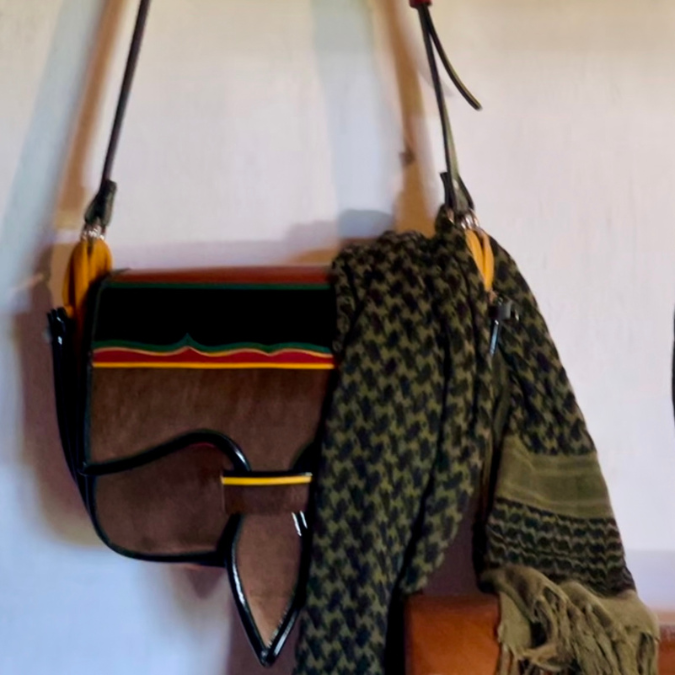
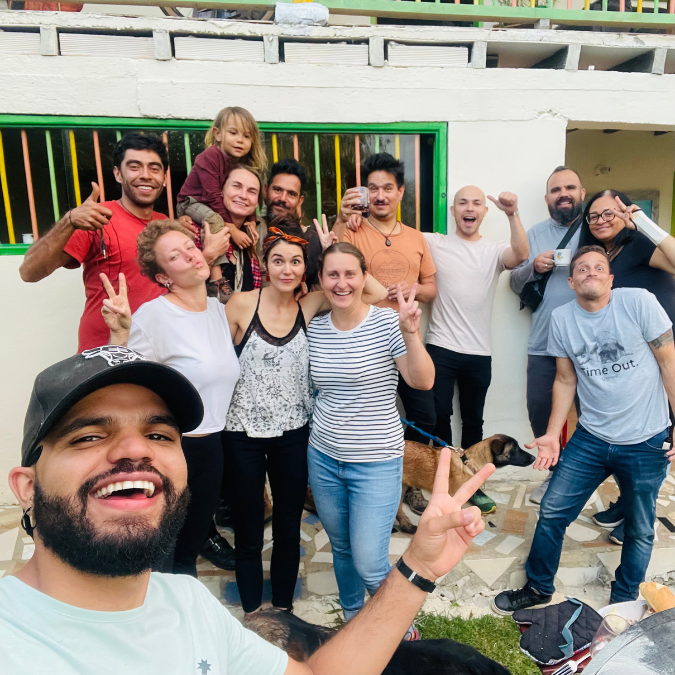
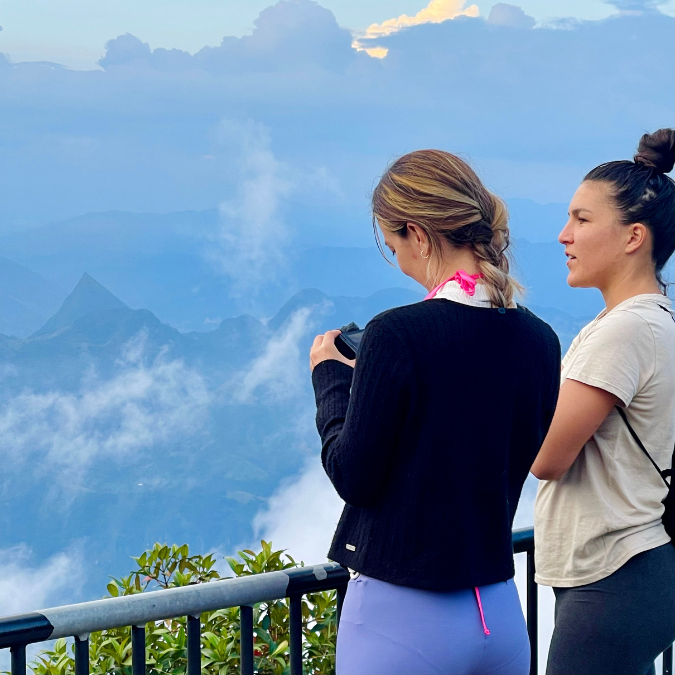
8. “¿En qué camellas vos?”
What’s your hustle? Camello (camel) means work in Colombian slang, likening work to the endurance of a camel. Examples include:
- “¡Qué camello!” (What hard work!).
- “Yo camello en…” (I work in…).
9. “Qué chicharrón”
What a hassle. Chicharrón (pork belly) is a Paisa delicacy but tough to eat due to its hard skin. This phrase is used to describe a difficult situation, the opposite of papayaso.
10. “Váyase con ese santo a misa”
Take that saint to mass. A humorous way to dismiss someone’s unlikely story or impossible request.
11. “Me importa un culo”
Literally translating to “I care for an arsehole,” this saying is commonly used by Paisas to express indifference or annoyance. If someone has upset a Paisa and continues to justify their actions, it’s likely they’ll hear “Me importa un culo”—a blunt way of saying, “I don’t care.”
What makes this phrase uniquely Colombian is the playful humor that often follows. For instance, if someone says, “Me importa un culo,” a quick-witted response might be, “¿De Brasil?” (From Brazil?), turning the phrase into a clever wordplay since importa also means to import. This blend of directness and humor is a hallmark of Paisa communication.
12. “Qué biblia”
What a bible. This phrase describes someone who’s street-smart and seems to have all the answers, referencing the Catholic influence in Colombian culture.
13. “Váyase a joder al páramo”
Go bother the páramo. A páramo is a high-altitude tropical ecosystem. This phrase is a creative way of telling someone to leave you alone.
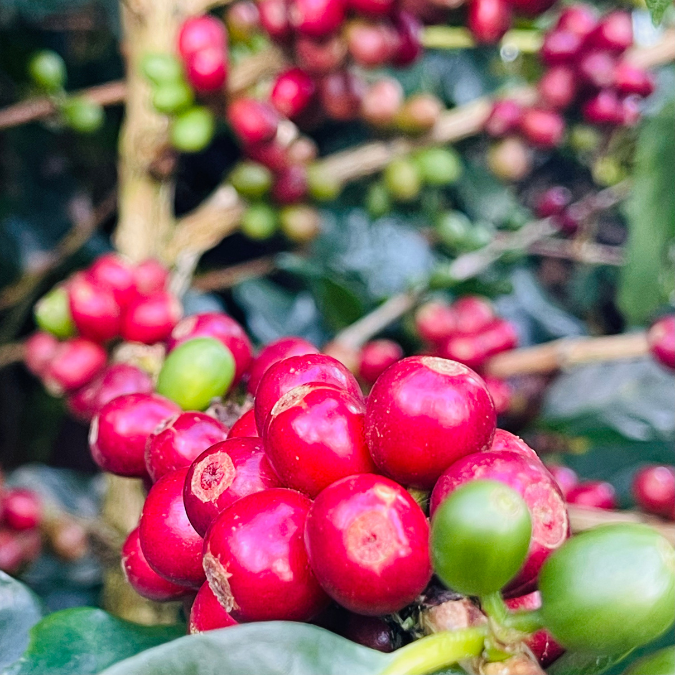
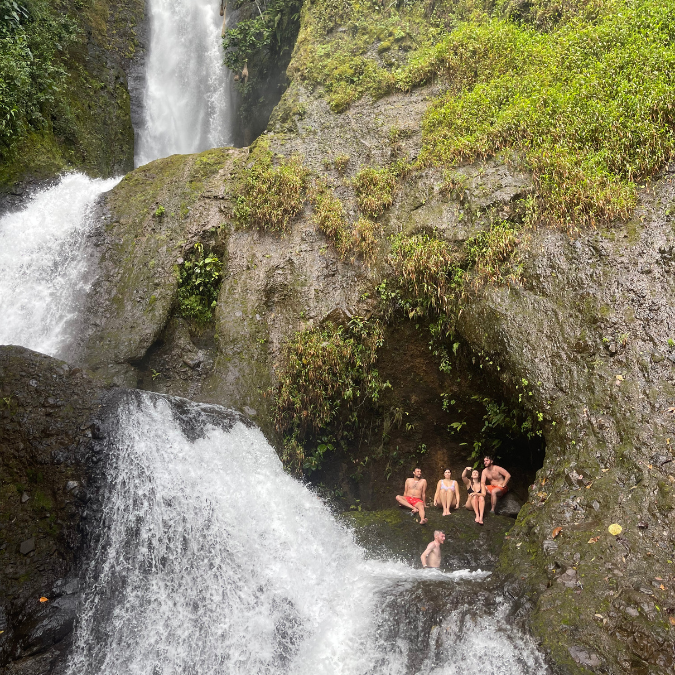
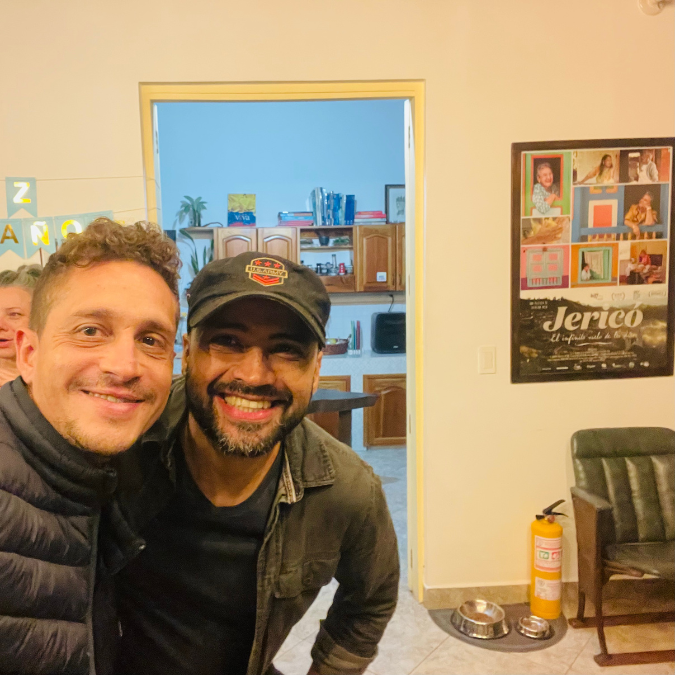
14. “Oigan a este”
Listen to this one. A quick way to express disbelief or dismiss an unrealistic suggestion.
15. “Suerte es que le digo”
Luck is what I wish you. This phrase can either be a warm goodbye or a teasing response to someone who’s been refused something.
16. “Vámonos de farra”
Let’s go party. Farra is a term borrowed from Arabic, meaning a celebration. It’s widely used for any kind of party: farrita, farrota—you name it!
17. “No azara”
It doesn’t faze me. Confident Paisas often use this phrase to express calmness in the face of challenges.
18. “Qué peye”
How lame. Used to reject ideas or describe bad situations. For example: “No sabe bailar—¡qué peye!” (He can’t dance—how lame!).
19. “Qué chimba”
How cool. Originally slang for vagina, chimba is now a common expression for something awesome. However, “No, la chimba” strongly rejects an idea.
20. “Tan mañé”
So tacky. Similar to “redneck” in English, mañé describes someone with bad taste in fashion or behavior.
So, if you are in Colombia or thinking about remember that:
Si quiere amañarse, ir a farras chimbas y no pasarla una peye, no asara meterse en un chicharrón que se solucione de papayita. Si la fiesta está llena de borrachos fastidiosos, no azara. Que se vayan con ese santo a misa, suerte es que les digo y por chuchito lindo les prometo que nos vamos por la cerita hasta la próxima farrita. Eso sí, no vaya a ser tan marica y tan guevon de ponerse a dar papaya a media noche que se nos toca es terminar mandando a todo el mundo pa’l páramo.
Understanding these sayings will not only enrich your experience but also help you bond with locals in Colombia. Remember, the key to traveling is embracing the culture, humor, and quirks that make each place unique. ¡Suerte es que les digo!
Follow us on LinkedIn and Instagram


